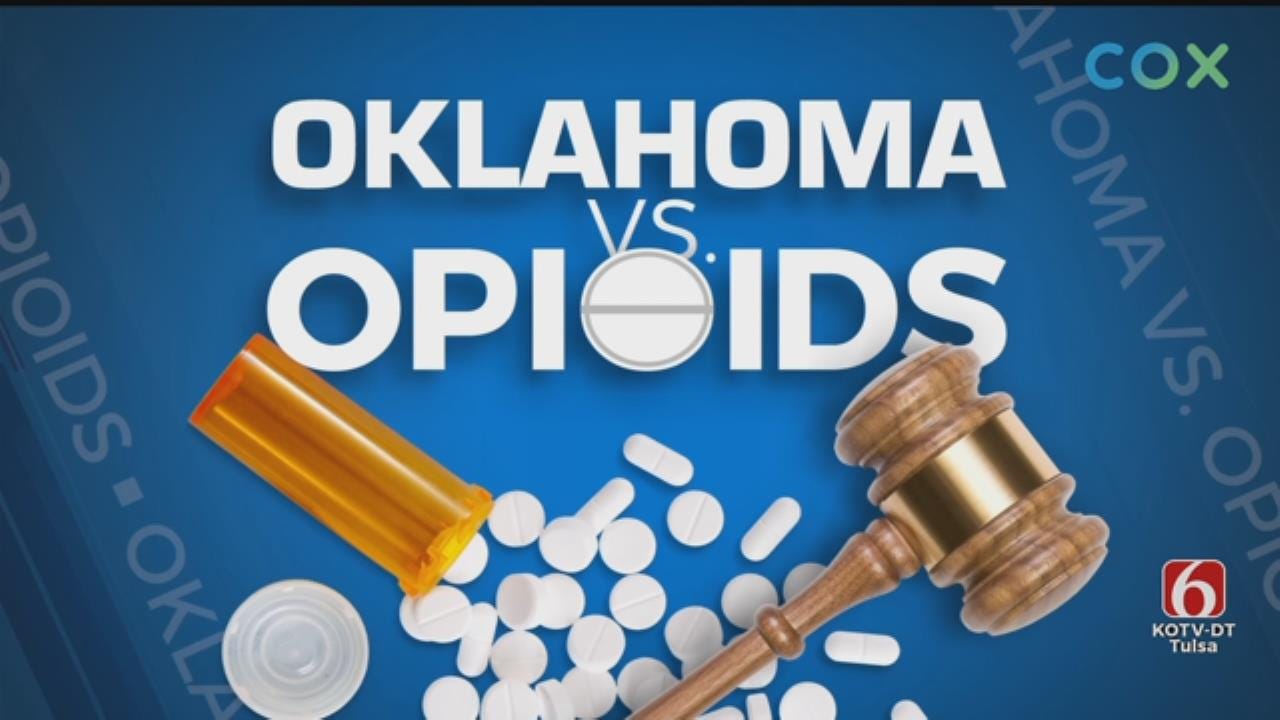Department Of Mental Health Uses OU Football Player As Example In Opioid Trial
The head of Oklahoma's Department of Mental Health told the judge she believes Johnson & Johnson is largely responsible for the state's opioid epidemic.Tuesday, June 25th 2019, 8:44 pm
The head of Oklahoma's Department of Mental Health told the judge she believes Johnson & Johnson is largely responsible for the state's opioid epidemic.
Commissioner Terri White calls herself the "primary architect" of the state's plan to fix the painkiller epidemic. She accused Johnson & Johnson of "unleashing a sales force" armed with "misleading and dishonest" information about how addictive these drugs actually are.
White told the judge it's "painful" to hear J&J say they're not at all responsible for causing the crisis.
She said the programs listed in the state's plan to fix the opioid epidemic are absolutely necessary and it should not be up to the taxpayers to implement them.
"This crisis was caused by the defendants, and the defendants should pay to abate the crisis," White said. "Oklahoma citizens as taxpayers in our state should not have to pay for it. The federal government that gets their money from taxpayers in Oklahoma should not have to pay for it."
White talked to the judge about the importance of battling the stigma of prescription drug addiction. She said addiction is a disease much the same as diabetes, but instead of a pancreatic disease, addiction is a disease of the brain.
The judge heard from Austin Box's dad early on in the trial. Box is a former Oklahoma University football player who died from prescription opioid overdose in 2011.
White said Box is one of the faces of this epidemic and showed the judge a video of Box playing football and doing the things he loved.
"These are not bad people," she said. "These are not bad people trying to become good. These are sick people who have developed a disease that want to become well."
"Addiction is a disease that can be caused by a medication that they have been told is safe, that is not," White said.
The state is being allowed to call one more witness later on in the trial after the woman returns from vacation.
A statement from Johnson & Johnson says the said, "litigation-driven proposal demands" that the company foot the bill for programs not specifically for opioid abuse and addiction.
They continued to say that they marketed their opioids responsibly.
More Like This
March 22nd, 2024
March 14th, 2024
February 9th, 2024
Top Headlines
May 20th, 2024
May 20th, 2024
May 20th, 2024











